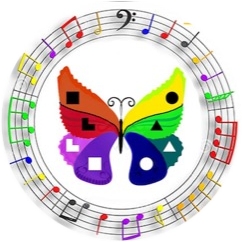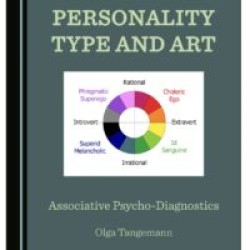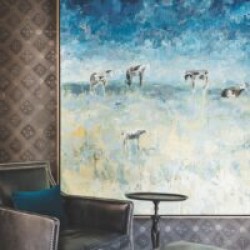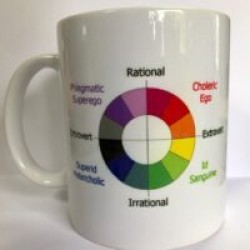This is the site of AssociativeSocionics. Associative Socionics is a new direction in Socionics’ theory and practice which was founded by the Russian psychologist and socionist Olga Tangemann. The theory of associative psycho-diagnostic (APD) are based on Carl Jung’s work on psychological types, Freud’s theory of personality, Antoni Kempinski’s theory of information metabolism and Aushra Augustinavichute’s theory of Socionics. Tha Associative approach is linked to psychophysical identity.
Knowing your psychological type and subtype means to achieve a deeper understanding of yourself to the degree that you could have hardly imagined before. This is an opportunity to look at your strong and weak points from the perspective of psychological typology and to discover your true self as well as your hidden potential. It also means that you will be able to learn important information about the psychophysical identities of people around you. You will know what they like or dislike, where there preferences come from, how to approach them adequately and how to maintain positive relationships with them.
Associative typologists study personal preferences in colour, shape and music, which are linked through the Associative theory and research with the particular personality traits and psychological type. The personality traits are measured objectively using entire palette of colours, diverse shapes and patterns. This is a unique, objective approach to discover your inner self, your type, subtype and psychodynamic profile.
APD and associative theory has currently no analogue in the field of psycho-diagnostic. The research of David M. Greenberg from Cambridge University UK has a certain similarity to Associative psycho-diagnostics as he studies musical preferences and musical ability in relations to Big Five Personality Test.
The Lüscher -Colour -Diagnostics is the only one psychological approach to mention in conjunction with Associative psycho-diagnostic. Both approaches to psychological assessment use non-verbal colour selections. Associative psycho-diagnostics in comparison to Lüscher -Colour –Diagnostic does not limit itself to a number of test-colours or just colours as a test criteria. The Associative theory allows interpretations to be made about the wide range of colour selections and patterns as well as diverse music preferences. The information revealed in the process of diagnostics is not linked to mental health issues but reflects primarily the individual differences in psychophysiological make-up. If this information appeals to you and you are ready to learn more about type and subtype based on your psychodynamic profile, please go to the Tests.
Sincerely Yours,
Olga Tangemann










Recent comments